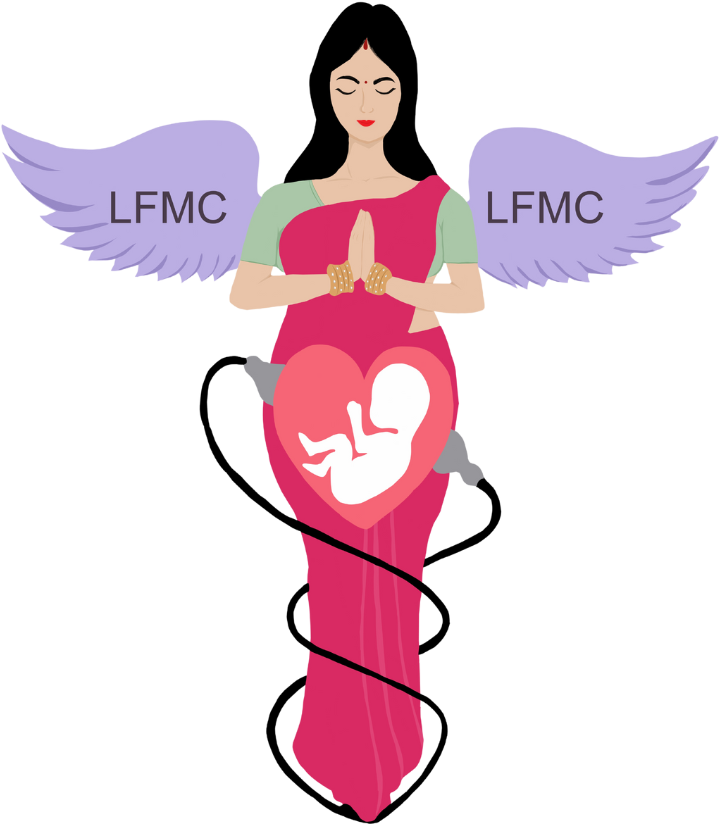What is Fetal Medicine?
Fetal medicine, also known as maternal-fetal medicine, is a subspecialty of obstetrics. It involves diagnosing, managing, and treating conditions that affect a developing fetus. This field combines advanced technology with compassionate care to monitor the health of both mother and baby throughout pregnancy.
Why is Fetal Medicine Important?
Pregnancy is a complex journey, and fetal medicine plays a crucial role in ensuring that both the mother and the fetus are as healthy as possible. Here’s why it matters:
- Early Detection of Issues: Through various diagnostic tests and screenings, fetal medicine can identify potential problems early on. This allows for timely interventions, which can significantly improve outcomes for both the mother and the baby.
- Tailored Care: Every pregnancy is unique. Fetal medicine offers personalized care plans based on the specific needs and circumstances of the mother and fetus. This tailored approach ensures that each family receives the best possible support.
- Informed Decisions: With detailed information about the fetus’s health, parents can make informed decisions about their pregnancy and any necessary treatments or interventions.
Key Aspects of Fetal Medicine
Fetal medicine encompasses a range of practices and procedures, each designed to provide insight into the health of the fetus and address any issues that may arise. Here are some of the key components:
1. Screenings and Tests
- Ultrasound Scans: Ultrasound is one of the most common tools used in fetal medicine. It provides a visual assessment of the fetus’s development and can help detect structural abnormalities. There are different types of ultrasounds, such as the standard 2D scan and the more detailed 3D or 4D scans.
- Aneuploidy Screening: This includes tests like the first-trimester combined test, which assesses the risk of chromosomal abnormalities such as Down syndrome. Non-invasive prenatal testing (NIPT) is another advanced option that analyzes fetal DNA in the mother’s blood for more accurate results.
- Amniocentesis and Chorionic Villus Sampling (CVS): These are more invasive procedures that can provide definitive information about chromosomal abnormalities. Amniocentesis involves taking a sample of amniotic fluid, while CVS involves sampling the placenta.
2. Monitoring and Management
- High-Risk Pregnancy Care: Some pregnancies are classified as high-risk due to factors like maternal health conditions or previous pregnancy complications. Fetal medicine specialists closely monitor these pregnancies to manage risks and ensure the best possible outcomes.
- Treatment Planning: In cases where fetal abnormalities are detected, fetal medicine specialists work with parents to develop a management plan. This might include additional monitoring, medication, or planning for delivery in a specialized center.
The Human Side of Fetal Medicine
While the technology and procedures in fetal medicine are incredibly advanced, at its core, this field is about supporting families during one of the most important times of their lives. Here’s how fetal medicine professionals make a difference on a personal level:
1. Empathy and Support
Fetal medicine specialists understand that expecting parents are navigating a wide range of emotions, especially when faced with potential complications. They provide not just medical care but also emotional support, helping families understand their options and feel reassured throughout the process.
2. Clear Communication
Medical jargon can be overwhelming. Specialists in fetal medicine strive to communicate complex information in a way that is clear and understandable. They take the time to answer questions and ensure that parents are fully informed about their choices.
3. Family-Centered Care
Fetal medicine is not just about the fetus but also about the family as a whole. Specialists work closely with parents, and sometimes extended family, to ensure that everyone is on the same page and that the care plan aligns with the family’s values and preferences.
Advances in Fetal Medicine
The field of fetal medicine continues to evolve, with new technologies and approaches constantly being developed. Some exciting advancements include:
- Genetic Testing: Advances in genetic testing are making it possible to identify a wider range of conditions with greater accuracy, often earlier in the pregnancy.
- Fetal Surgery: In some cases, it’s possible to perform surgery on the fetus before birth to correct certain conditions. This groundbreaking approach can sometimes improve outcomes for conditions that were once considered untreatable.
- Enhanced Imaging: Improvements in imaging technologies allow for even more detailed views of the fetus, helping to identify and address issues more effectively.
In the journey of pregnancy, the path to understanding and managing fetal health is both profoundly personal and crucial. At LFMC, we recognize that each pregnancy is unique, and the care you receive should reflect that. Our specialized team in fetal medicine is dedicated to providing advanced, compassionate care tailored to your needs. With a deep understanding of the latest medical technologies and a commitment to personalized support, we strive to ensure that you and your baby receive the best possible care every step of the way. Our goal is not just to provide medical expertise but to be a source of reassurance and support during this important time.

